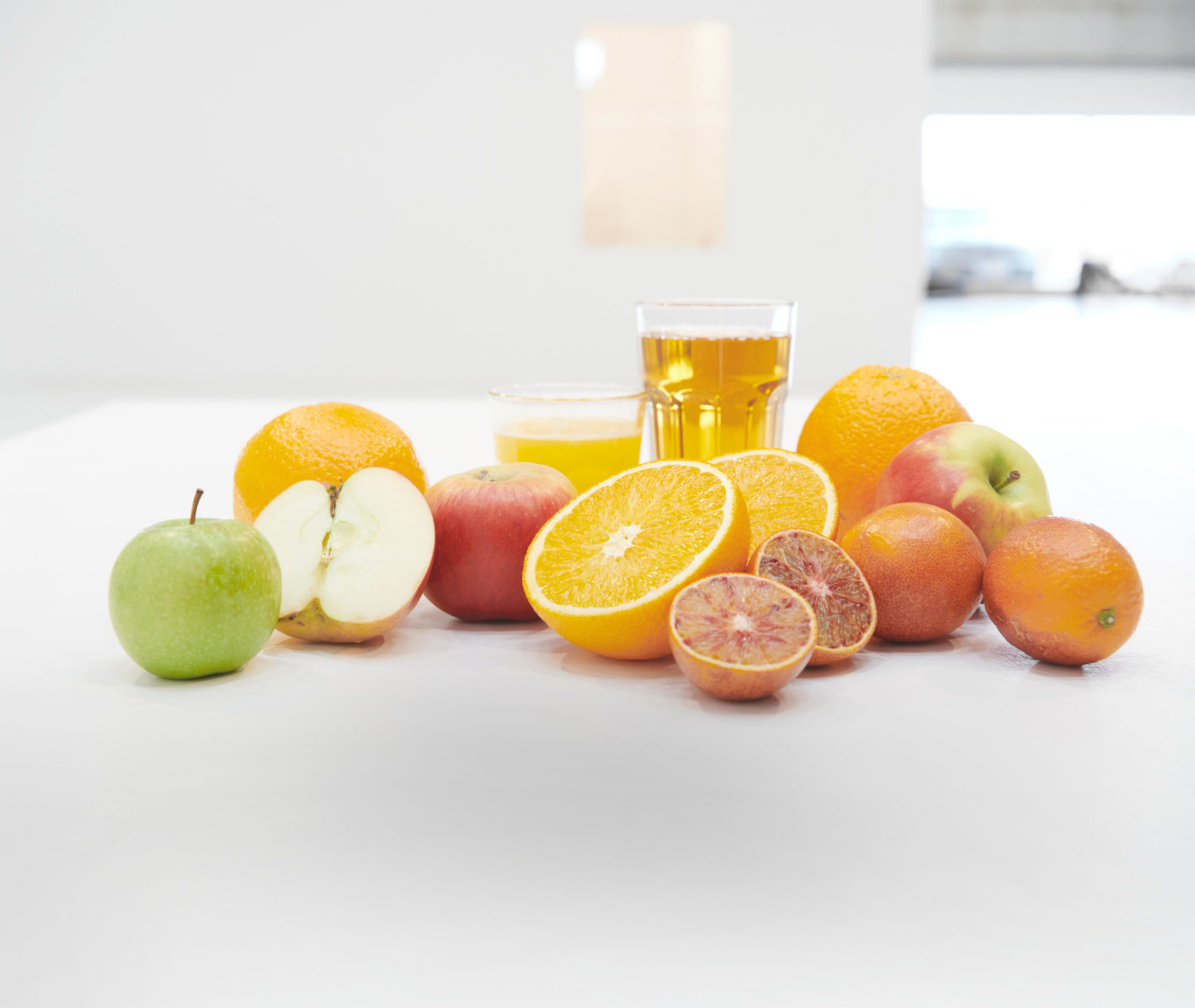New concentration technology enhances flavours while reducing energy demand
Replacing heat and cold storage with aquaporin proteins enable the company Aquaporin to concentrate food products using less energy compared to traditional thermal methods. This results in both lower energy costs and fewer greenhouse gas emissions.
Producers in the food industry are continuously innovating to find processing solutions that combine the best of both worlds: maintaining high quality while optimising energy consumption.
Traditional methods of concentration use heat to remove water from food, often altering its original flavour and requiring significant energy consumption. Similarly, maintaining the quality and freshness of fresh food products demands energy-intensive cold storage and shipping.
The technology maintains high sugar levels in food products like fruit juice, thereby preserving both flavour and nutrients in the concentrated form while consuming less energy
Remove water with the help of protein – not heat
A new cold concentration technology is under pilot testing by the Danish biotech company Aquaporin A/S.
The technology is based on Aquaporin’s unique membranes, which contain aquaporin proteins. In nature, the aquaporin protein is placed inside the cell membrane, and selectively transport only water molecules in and out of the cell. This allows Aquaporin’s membranes to extract water from food products for preservation without the use of heat. The technology maintains high sugar levels in food products like fruit juice, thereby preserving both flavour and nutrients in the concentrated form while consuming less energy.
Aquaporin A/S is currently testing the cold concentration technology with customers in several food categories including E&J Gallo Inc, a global leader in the wine industry. Here, the technology can concentrate the juice from freshly harvested grapes and preserve it to enable wine production across an extended season, thereby extending the use of production facilities over a longer period.
More flavours and less energy costs
By concentrating food products without heat and with no need for cold storage and shipping, in some cases, Aquaporin’s cold concentration technology requires as little as one tenth of the energy used by traditional thermal methods, helping to reducing energy costs.


